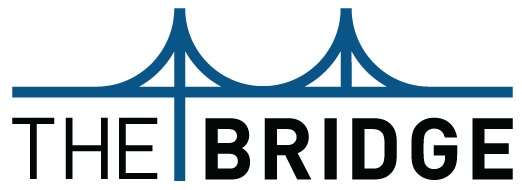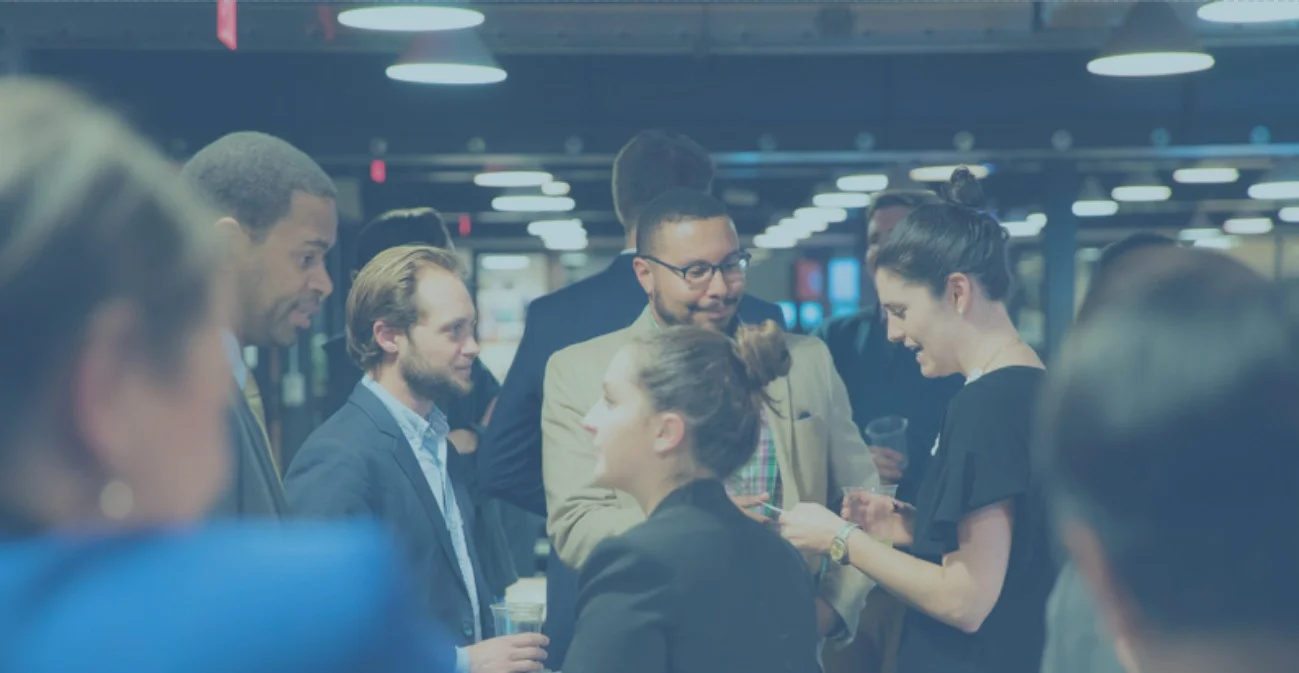TheBridge profile: Jordan Crenshaw
Name: Jordan Crenshaw
Current city: Washington, DC
Current job: Vice President, US Chamber of Commerce Technology Engagement Center (C_TEC)
Past job: Attorney
Q. How are you currently bridging the gap between innovation and regulation? The U.S. Chamber for over 100 years now has brought together leaders of the business community and government to educate and advocate for policies that spur economic growth and improve lives. Now the U.S. Chamber’s Technology Engagement Center brings that same mission to the digital age as our President and CEO Suzanne Clarke has made technology a major priority. For example, this year C_TEC launched with former Representatives John Delaney and Mike Ferguson, the AI Commission on Competitiveness, Inclusion, and Innovation which has brought members of Congress, the executive branch, academia, thought leaders, and think tanks together to develop bipartisan policy solutions. We’re having field hearings in Texas, Ohio, California, and the United Kingdom to gather facts from a wide variety of stakeholders to develop policy proposals on AI competitiveness, regulation, and workforce.
Q. Job advice in three words? Always ask questions.
Q. What can innovators learn from policymakers? Innovators need to be plugged in to what is going on in Washington, DC as well as international and state capitals. The ones who do will have a distinct advantage and ability to adapt in an ever-changing policy and technology environment. Many times, it is necessary for those with experience in DC like associations to stand in the gap for innovators to navigate what can be a complex environment.
Q. What can policymakers learn from innovators? Often policymakers are overloaded with so many different issues that they don’t have the bandwidth to know many of the important details and issues impacting the businesses and innovators they are considering regulating. It may be popular to pass a data protection law with harsh enforcement but it’s the job of innovators and the associations that represent them to tell the story about how things like data and technology help further public safety and security, make financing more inclusive, and help develop medical cures. Without knowing the ins and outs of how companies and developing technology and using data, policymakers could hinder societal benefits.
Q. Can you describe a skill you have carried throughout your career that has always proved to be valuable? Sometimes it’s best to be slow to say something rather than speak quickly without the facts. Taking time to learn the environment you’re in and articulating your position and assess the situation with integrity can be a key. The Chamber’s former President and CEO, Tom Donohue, has always said “Hurry. Don’t Rush.” I think that’s appropriate for many areas in life.
Q. What is the best job interview question you have ever been asked? Do you prefer pirates or ninjas? It really broke the ice but clearly, pirates were my answer—so long as they’re not stealing IP.
Q. Favorite spot for a coffee meeting? Northside Social in Arlington, VA and Teaism Downtown (for tea).
Q. Favorite book you recommend? I’ve got several favorite books for general reading—The Bible, Atlas Shrugged, John Grisham’s A Time to Kill, and Richard Preston’s The Hot Zone. From a tech perspective, some good reads are Kai Fu Lee’s AI Superpowers, and Nicole Perlroth’s This is How the Tell me the World Will End on cyber.
Q. Why are you part of TheBridge community? Why do you think it's important this community exists for tech, policy and political professionals? The Bridge is an important community because now more than ever we need to get out of our policy and digital tribes and silos and talk. Other countries that do not share our values of liberty and inclusion are trying to outspend and beat us in terms of technology. There are significant concerns about data privacy, freedom of speech, and digital inclusion. Without people from a diverse set of backgrounds coming together and engaging we won’t be able to reap the true societal benefits of technology and address its risks. More voices are better than fewer.
Q. Everyday is probably different, but are there certain skills you think are essential to your job? I find it’s essential to be proactive, listening, humble, and curious. These are skills I learned while waiting tables and bartending through college. They’ve paid off in every other job I’ve had.
Q. Favorite app? My camera app. I love to take travel photography. I have absolutely adored using the night mode on the iPhone 12 Pro Max. I’ve gotten a lot of great Milky Way shots on there.
Q. If you had to live in another city, which would it be? Charleston, South Carolina.
Q. Embarrassing work moment? I’ve dropped a few trays here and there spilling drinks in my day.
Q. Last time you were completely unplugged? Right before my wedding last summer, one of my best friends and I did Glacier National Park. One of the most beautiful places I have seen. Clear lakes and night skies.
Q. How often do you work from home? About two days a week. You have to love the beauty of technology and broadband.
Leader spotlights, sourced from this directory, are included in TheBridge Updates we send twice a week to the community. Sign up and never miss a leader spotlight.


